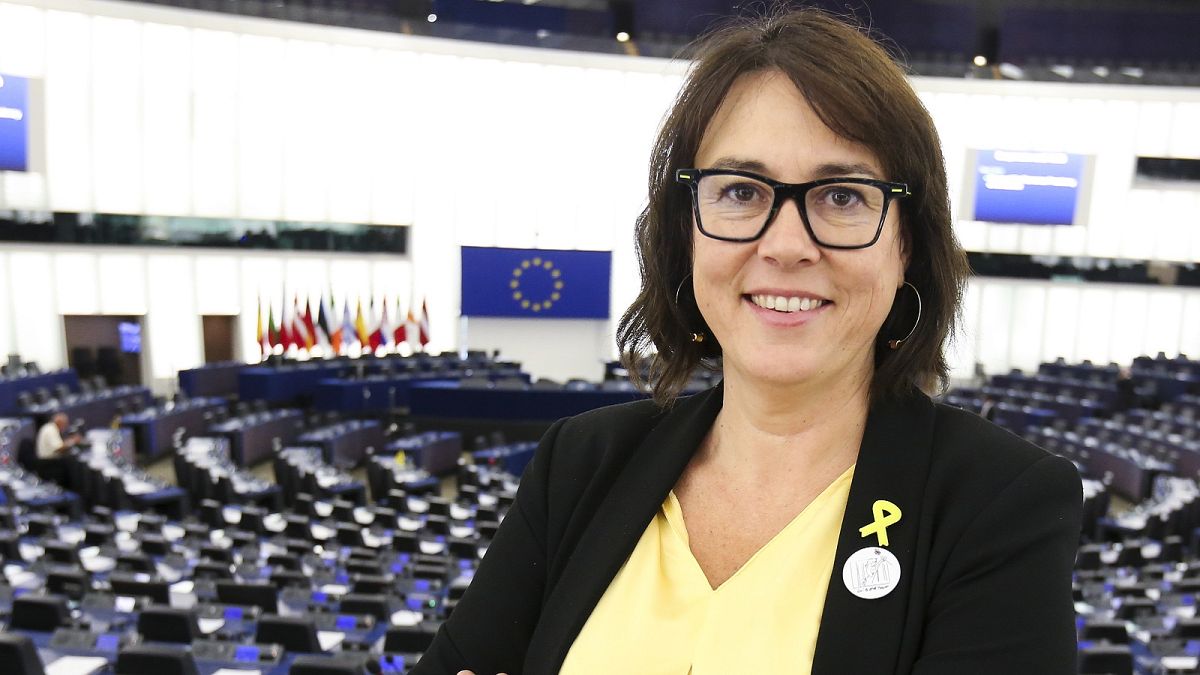What is certainly questionable is whether there has really been a paradigm shift in countries that wish to take part in the European project; a change which has meant going from being old nation states to becoming new member states.
The founding of the European Union has been a fundamental step forward for this corner of the world. After two world wars, millions of deaths and decades of dictatorships, the creation of this institutional framework has managed to set high, almost incontestable standards of stability, peace and prosperity. One of the “Fathers of Europe,” Jean Monnet, said that “building Europe meant building peace,” and this has been the case - to a great extent - for the last few decades.
What is certainly questionable is whether there has really been a paradigm shift in countries that wish to take part in the European project; a change which has meant going from being old nation states to becoming new member states. The difference between these two models of state is colossal. The former model was characterized as being territorially covetous, centralist, and often warmongering. By contrast, the latter represents a new setting in which sovereignty becomes shared with other higher institutions, and their disagreements - whether internal or external - are no longer channelled through violence and repression as before but rather through dialogue, democracy and diplomacy.
Unfortunately, the attitude of too many countries in the Union confirms that the old vitiated habits of the nation states are still very much alive. The EU is suffering a nationalist egression within the ranks of its members, a rebellion of their elites – which is often anchored in the Far Right - who have always been suspicious of sharing the ship's helm. The difficult economic and international context, as well as globalisation (amongst other factors), have caused strong anti-European and ultra-nationalist voices to emerge within the centres of power that demand to recover power and authority. Does “Let’s take back control” sound familiar? We have witnessed this in the United Kingdom, Hungary, Poland, Italy and also in Spain, among many other countries.
Setting our sights on Spain, we see how this growing sense of Euroscepticism does not just translate into the emergence of extreme right wing parties as is the case with Vox. In point of fact, Vox is just the tip of the iceberg. The distrust of those some might call “outsiders who mean to govern us,” is evident in the attitude shown by certain leading powers of State - such as the judiciary - and a significant part of the Spanish political class. Not enough was said of People’s Party (PP) MEP González Pons, for example, when he requested that the Schengen Treaty be suspended if the European Arrest Warrant (EAW) did not lead to Catalonia’s President Carles Puigdemont, in exile in Belgium, being extradited back to Spain.
In this regard, the international strategy which the Spanish judiciary followed to force the extradition of the members of the Catalan government in exile has also brought to light this institutional Euroscepticism of which I speak. We first witnessed this when the investigating judge, Pablo Llarena, manipulated the EAW system by issuing the warrants and then withdrawing them as if in a board game.
A few weeks later, during the European election campaign, the Spanish Socialist Workers’ Party (PSOE), the PP, Ciudadanos and Vox - practically the entire Spanish political spectrum - also questioned the EAW system. And there was no lack of fierce criticism of Germany’s government and the German justice because they did not abet the judicial fabrications that the Spanish State had made in order to go on beheading the Catalan independence movement.
In a few weeks - or even days - we may well see a new chapter in this series of absurdities. The Supreme Court has requested a preliminary ruling by the European Court of Justice to ascertain the extent of the immunity of MEP-elect Oriol Junqueras, who Spain has prohibited from collecting his credentials by keeping him imprisoned. If Supreme Court Judge Marchena decides to withdraw the question of a preliminary ruling, or passes verdict before receiving a reply from the European Court, we would be seeing the umpteenth example of how Spain disparages the European institutions and manipulates its proceedings at will. Such contempt would not only be shown to the ECJ in Luxembourg, but for European democracy itself since, at the whim of the Spanish State, it is breaching the political rights of two million citizens who voted for a representative who cannot take up his seat.
It should also be pointed out that the animosity shown towards supranational entities is not limited to the EU. The Spanish State does not seem to have all that much appreciation for organisations such as the United Nations, for example. Last May, the UN Working Group on Arbitrary Detention demanded the release of the Catalan political prisoners - Oriol Junqueras amongst others - because their imprisonment was considered “arbitrary and contrary to the principles of the universal declaration of human rights.” They are still in prison today.
The triumph of Brexit, the appearance of characters like Orbán or Salvini, the return to national supremacy, and more generally the appearance once again of authoritarian attitudes such as those adopted by the Spanish State in the face of political dissent, shows us that something is going wrong. The old habits of the nation states die hard.
It is in crisis that inventiveness and great strategies are born. Well, let us take advantage of this crisis of confidence to start a reform that goes towards building a more federal Europe, one where its citizens’ voices represented by the European Parliament are decisive. A Europe where social justice and the democratic principles are the basis of any community decision. A Europe that does not retreat before the violations of fundamental rights. In short, let us build a Europe that does not put the interests of the member states before the rights of the citizens.
Diana Riba i Giner is a Republican Left of Catalonia Member of the European Parliament.
____________
Are you a recognised expert in your field? At Euronews, we believe all views matter. Contact us at view@euronews.com to send pitches or submissions and be part of the conversation.

